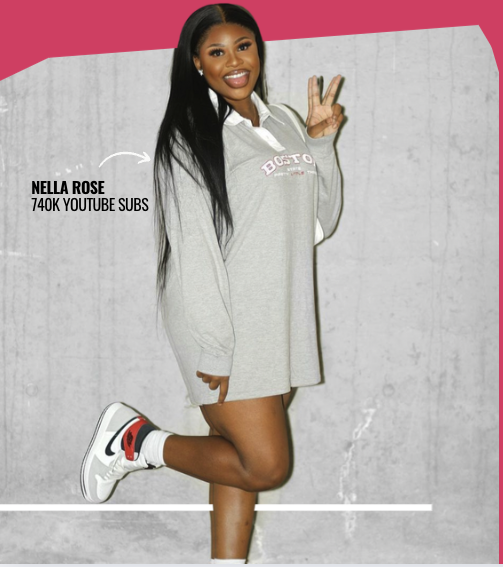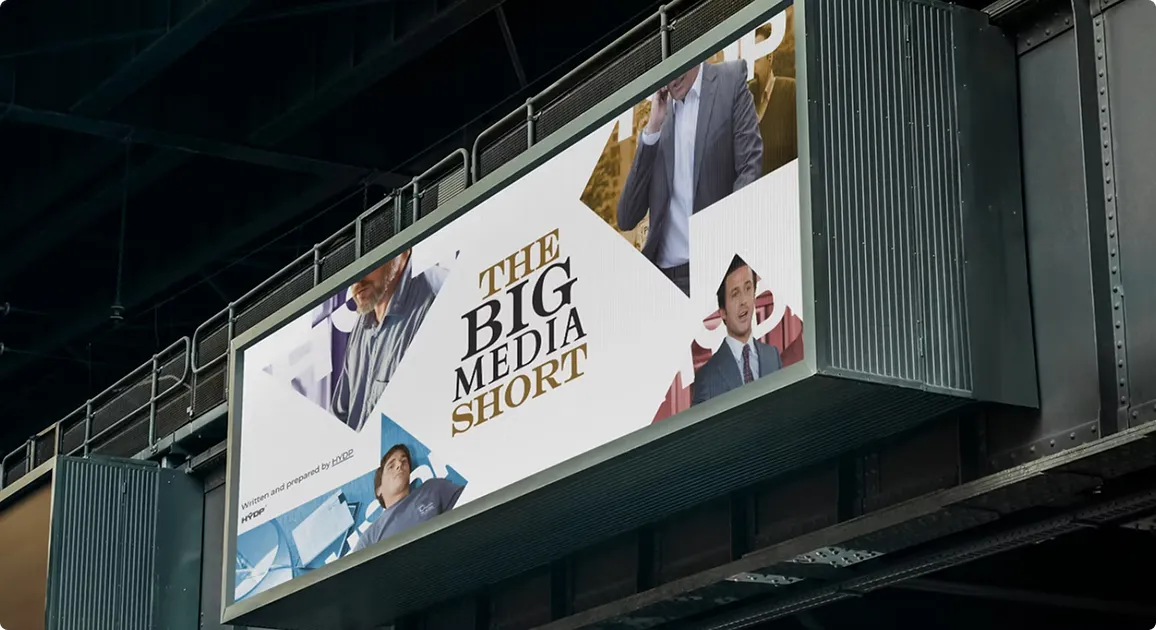The Influencer Age Over
Brands and influencers have had a symbiotic relationship for the past decade. However, recently, there has been a groundswell of data, brand reports and discussion concerning the declining effectiveness of influencer marketing.
Who we spoke to
Content creators
Brand representatives
Consumers
.png)
Why we wrote this report
For many, the issues with influencer marketing are a result of changes in social media preferences, societal progression and regulation in the discipline.
In 2022 the influencer marketing industry was valued in excess of $15 Billion, it’s colossal, and it’s not going to disappear, but that doesn't mean it can’t evolve. With all this noise, we wanted to investigate three things:
01| Is there an issue with influencer marketing or is it as effective as ever?
02 | How should brands approach the discipline in 2023?
03 | If there is an issue, what does the next evolution of the discipline look like?
To answer these questions, we needed some help. We wanted to consult all parties involved in the discipline, Social Media Personalities, Brands, Influencer Agencies and Consumers. So that’s exactly what we did.
Our research showed traditional influencers are "out" and creators are "in"!
Of the consumers we surveyed said they trusted sterio influencers
Since 2016, the volume of influencer posts has increased by 157%
Of social users are fatigued by repetitive influencer posts on platforms like Instagram
Of consumers we spoke to felt they would actively or subconsciously skip 'generic' influencer #ADS.

"LAST YEAR, I WORKED WITH A BIG MAKEUP BRAND AND ASKED THEM IF WE COULD COLLAB ON A LOOSE POWDER X SETTING POWDER; LOADS OF MY FOLLOWERS WERE ASKING ABOUT A PRODUCT LIKE THAT. THEY THOUGHT I WAS CRAZY; NOW THEY'RE EVERYWHERE!"

